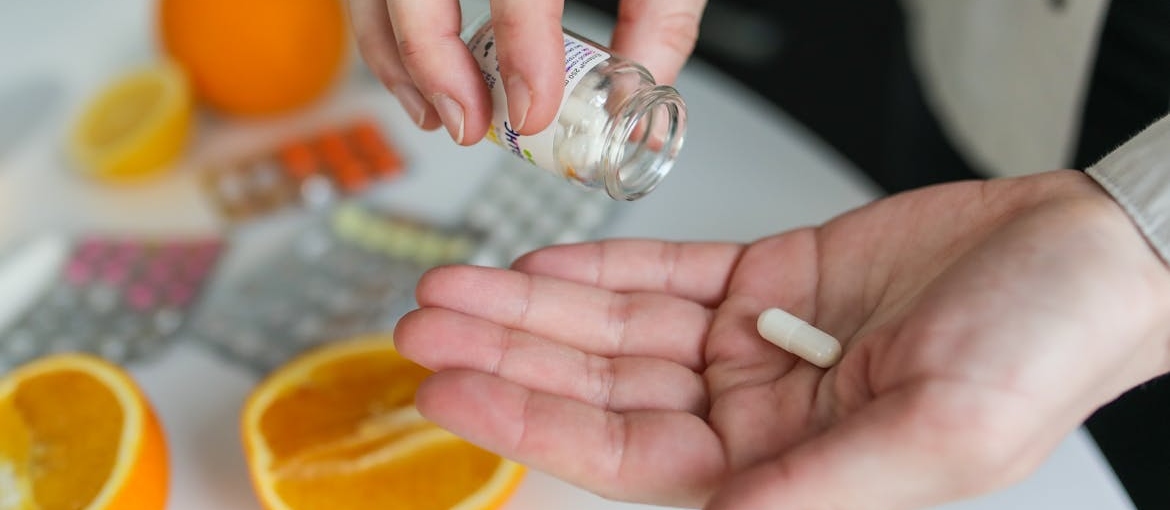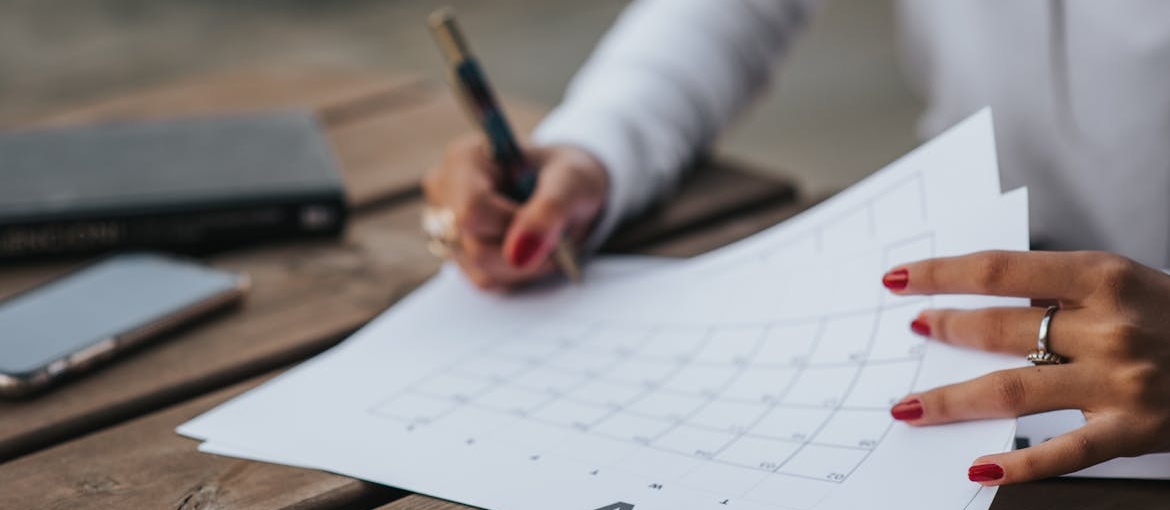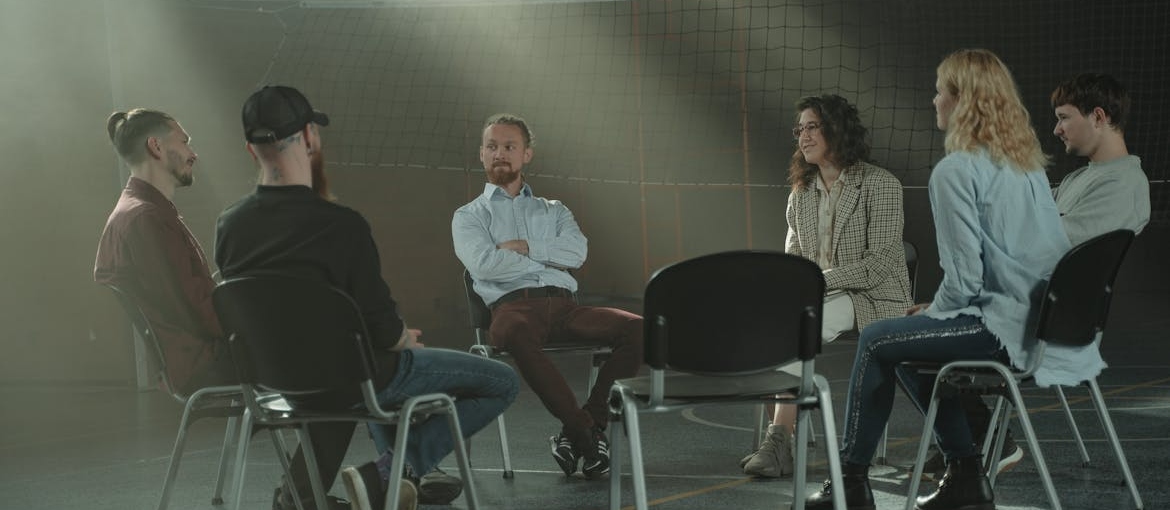Living with ADHD can make everything harder, especially when addiction enters the picture. You might wonder what recovery looks like when you have ADHD and how to make real progress. Recovery isn’t just about quitting drugs or alcohol. It’s about learning how to manage ADHD symptoms that don’t just disappear during sobriety. Small things like staying focused or sticking to routines feel bigger when you’re also healing from substance use. Finding the right help matters. A good drug and alcohol rehab in West Virginia can make a real difference, offering care that fits both needs. You are not alone if you feel overwhelmed. Many people with ADHD and substance use disorder have built strong, healthy lives again. With the right tools, support, and a real plan, recovery is absolutely possible.
Understanding the Connection Between ADHD and Substance Use Disorder
Living with ADHD means feeling emotions more strongly and reacting faster than most people. When substance use enters the picture, these challenges grow bigger. Many people turn to drugs or alcohol to manage ADHD symptoms without even realizing it.

That’s why ADHD and addiction recovery often need special care. You are not lazy or weak. Your brain just works differently. Knowing how ADHD and addiction feed into each other can help you heal smarter. Strong support is key from day one. Keep these ideas in mind as you learn more:
- ADHD can make cravings stronger: Impulsivity makes it harder to resist urges.
- Substance use can hide ADHD symptoms: Sobriety reveals what needs real treatment.
- You need a plan that treats both issues: Ignoring one side weakens recovery.
Early Challenges in Recovery When You Have ADHD
Early recovery brings extra hurdles when you live with ADHD. Tasks that feel small to others can feel overwhelming fast. Focus, routine, emotions — they all hit harder. Knowing what recovery looks like when you have ADHD helps you stay prepared. You can build a strong foundation with the right support. It helps to expect some ups and downs, especially during the first few months when your brain is adjusting.
Difficulty With Focus and Routine
Keeping a routine during recovery feels harder when ADHD symptoms get worse. Sleep issues are one of the first signs. ADHD and sleep problems often show up together, making early recovery even harder. Good sleep is not just about feeling rested. It plays a huge role in mood, focus, and staying sober. When you know what recovery looks like when you have ADHD, it’s easier to spot where extra help is needed.
Try to create a simple sleep schedule and stick to it, even when it’s hard. Stay away from screens late at night and build a bedtime routine you actually like. Every little step makes your day easier. If you’re sleeping better, you’ll think clearer, handle cravings better, and feel more stable. Good sleep is not a luxury during recovery—it’s part of your real foundation.

Increased Impulsivity During Early Sobriety
Impulsivity doesn’t go away just because you stop drinking or using drugs. Early sobriety often brings even more intense urges. This is one of the common challenges of addiction recovery with ADHD. Sometimes, you might feel yourself reacting fast without thinking. Art therapy rehabilitation can help here. It gives you a way to channel your energy and emotions without feeling trapped.
Art is not about skill; it’s about finding a safe outlet when words aren’t enough. Drawing, painting, or even simple crafts can calm your mind and help slow impulsive reactions. Knowing what recovery looks like when you have ADHD means finding tools that fit your brain, not forcing yourself into methods that don’t work. Recovery is not about perfection. It’s about finding what calms you enough to make better choices.
Managing Withdrawal Symptoms Alongside ADHD Symptoms
Withdrawal already feels hard, but it hits even harder when you are also managing ADHD symptoms. Your focus drops, energy swings, and emotions spike. Managing ADHD symptoms in addiction recovery takes a real plan. ADHD can make cravings feel bigger and harder to ignore. It can also make it tough to stick to the coping skills you are learning.
When you understand what recovery looks like when you have ADHD, you know it’s normal to feel like you’re fighting two battles at once. Working with a therapist who understands both addiction and ADHD is a huge help. Find ways to stay active, even if it’s just short walks. Break big tasks into smaller ones. Give yourself permission to have tough days without giving up. Recovery takes time, and every step forward matters.

Building a Recovery Plan That Works for ADHD
You need a plan that fits your life, not a one-size-fits-all program. ADHD brains need structure but also flexibility. A good plan makes space for both. It’s normal to need extra support early on. That’s why ADHD and addiction recovery often look different than recovery for others. Here’s what should go into your recovery plan:
- Set small, clear goals: Big goals get overwhelming fast.
- Create daily routines: Anchor yourself with simple habits.
- Pick therapy that fits ADHD: Ask about ADHD-friendly approaches.
- Stay connected: Accountability partners make a huge difference.
Effective Therapies That Support Dual Recovery
Good therapy can make or break your recovery when ADHD is part of the story. Not every program fits. You need options made for your needs, not a one-size-fits-all plan. Therapy that understands how ADHD affects addiction treatment outcomes gives you a real chance to grow. Learning what recovery looks like when you have ADHD means finding support that fits your brain, your life, and your future.
Cognitive Behavioral Therapy (CBT) for Dual Diagnosis
Cognitive behavioral therapy (CBT) helps people with addiction rethink how they react to emotions and triggers. When you live with ADHD, those reactions come fast. That’s why cognitive behavioral therapy for substance use disorders works so well. It teaches you how to pause, check your thinking, and make a better choice next. Therapy approaches for ADHD and substance use often center around building these simple habits.
They are powerful because they work with how your brain moves—not against it. Sessions can help you notice when ADHD symptoms, like impulsivity or racing thoughts, start pushing you toward bad habits. Knowing what recovery looks like when you have ADHD means knowing that you have to build skills for both sides at the same time. CBT is a strong starting point for this kind of healing.
Medication-Assisted Treatment (MAT) Options
Medication can play a big role in helping both ADHD and addiction. Finding the right mix takes time and a good care team. Some rehabs in WV that accept Medicaid also offer strong medication programs. If you’re worried about costs, these centers can help you stay on track without huge bills. When thinking about what treatments work best for ADHD and addiction, MAT often comes up.
It doesn’t replace therapy or effort, but it gives your brain extra support during the hardest stages. For some people, ADHD medication and MAT work side by side. For others, it’s more about timing and careful management. Talk openly with your doctor about your needs. Knowing what recovery looks like when you have ADHD means asking for care that truly fits both sides of your life.

How EMDR Can Help Treat Trauma Linked to Addiction
EMDR (Eye movement desensitization and reprocessing) therapy helps you work through past trauma without staying stuck in it. If you’ve been through painful events, EMDR can teach your brain new ways to process those memories. Dual diagnosis treatment West Virginia programs often include EMDR because trauma is a big part of many addiction stories. Living with ADHD makes trauma harder to manage.
Your mind already moves fast, and bad memories can sneak in quickly. EMDR helps calm that storm. It’s a way to face what happened without letting it control you. If you wonder can you recover from addiction if you have ADHD, the answer is yes—with the right therapies in your corner. EMDR might sound strange at first, but it has helped thousands of people heal without needing to talk everything out over and over.
Staying on Track: Long-Term Recovery Strategies
Long-term success looks different when ADHD is part of your story. What worked during early recovery might need adjusting later. Knowing what recovery looks like when you have ADHD helps you plan for this. Strong habits, good support, and smart choices give you staying power. Long-term recovery isn’t about doing things perfectly. It’s about staying connected, adjusting your plan when needed, and staying patient with yourself.
Time Management Tips That Support Sobriety
Good time management keeps life from feeling overwhelming. When you’re building a sober life with ADHD, it’s even more important. Try these ideas:
- Use timers: Set alarms for small tasks like eating or going to meetings.
- Write simple lists: Don’t overcomplicate. 3–5 tasks per day is plenty.
- Visual calendars: Hang a dry-erase calendar you can see daily.
- Break tasks down: One thing at a time. Big goals overwhelm the ADHD brain fast.
- Celebrate small wins: Checking off even tiny tasks builds real momentum.

Managing Triggers Specific to ADHD and Addiction
Certain triggers hit harder when ADHD is involved. Boredom, rejection, and frustration can spiral into relapse risk fast. ADHD and addiction rehabs in WV often create special coping plans for people who deal with these exact struggles. Does ADHD make addiction recovery harder? Sometimes. But the right skills turn that challenge into something you can handle.
Know your top three triggers. Create a list of backup plans for tough moments. Stay busy without overwhelming yourself. And if you fall off track, reset without shame. A small mistake doesn’t erase your progress. Every time you stop and choose differently, you are proving to yourself that recovery is working. That’s what real strength looks like.
The Role of Accountability Partners and Support Groups
Trying to recover without support rarely works. You need people who understand both addiction and ADHD. A strong support team keeps you connected when emotions, stress, or boredom threaten to pull you off track. Rehab in Point Pleasant WV and other programs like it often match you with groups and accountability partners.
These people are there to cheer you on—and to call you out when needed. They understand how fast ADHD brains can jump from one feeling to another. Recovery and wellness don’t happen alone. Even on your worst days, your group can hold hope for you until you feel stronger again. Recovery isn’t about never needing help. It’s about knowing where to find it when it matters most.

Dealing With Setbacks Without Losing Progress
Setbacks happen. ADHD makes emotions stronger, and sometimes mistakes feel like failures. They aren’t. They are part of real ADHD and addiction recovery. You’re not starting over—you’re learning. When a tough day hits, having a plan saves you. Don’t wait until you feel overwhelmed. Prepare now so you know what to do. Big feelings pass faster when you have a clear action list ready. Keep it simple and focus on getting back on track fast:
- Pause and breathe: Give yourself space to reset.
- Talk to someone you trust: Shame grows in silence.
- Write down one win from today: Even small wins matter.
- Review your plan: Adjust what isn’t working without blame.
Choosing Progress Every Day
Recovery will not look the same for everyone, especially when ADHD is part of the picture. What matters most is finding what works for you. Now that you know what recovery looks like when you have ADHD, you can start making choices that fit your real needs. The right support makes all the difference. You don’t have to figure it out alone. Help is there if you reach for it, one step at a time.



